Throughout history, Black women have made remarkable contributions to science despite facing discrimination and barriers. These brilliant minds changed the course of medicine and space exploration with their groundbreaking discoveries and innovations. Their stories showcase incredible determination, intellect, and courage that continue to inspire future generations of scientists.
1. Mary Jackson
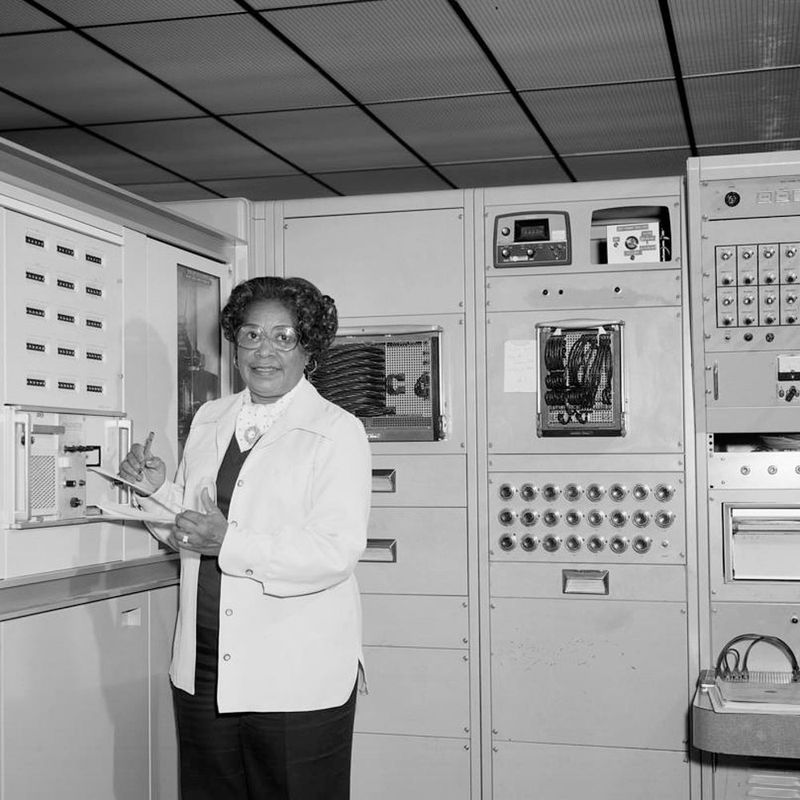
Mary Jackson was NASA’s first Black female engineer, breaking racial and gender barriers during the height of the Jim Crow era. Starting as a mathematician in the segregated West Area Computing division at Langley Research Center, she later became an aerospace engineer, contributing to groundbreaking research in supersonic flight.
Beyond her technical achievements, Jackson was also a fierce advocate for inclusion—working to support the careers of other women and minorities at NASA. Her story, along with those of her colleagues, was brought to light in Hidden Figures, cementing her legacy as both a scientific pioneer and civil rights trailblazer.
2. Dr. Alexa Canady
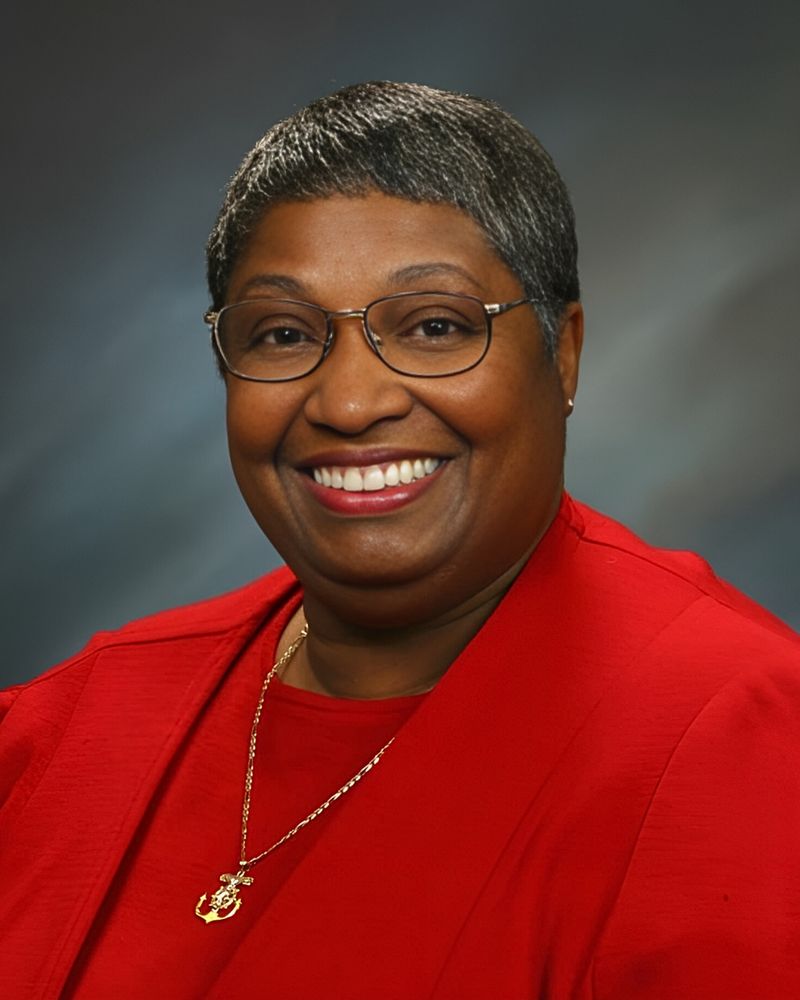
Wielding surgical tools with exceptional skill, Dr. Alexa Canady became the first Black woman neurosurgeon in the United States in 1981. Her specialty in pediatric neurosurgery allowed her to transform the lives of countless children with complex brain conditions. Despite being discouraged from pursuing medicine, Canady graduated with honors from medical school.
Her gentle bedside manner combined with surgical excellence made her beloved by patients and respected by colleagues. After retirement from surgery, she continued serving underserved communities in Michigan, ensuring quality care reached all children.
3. Dr. Mae Jemison
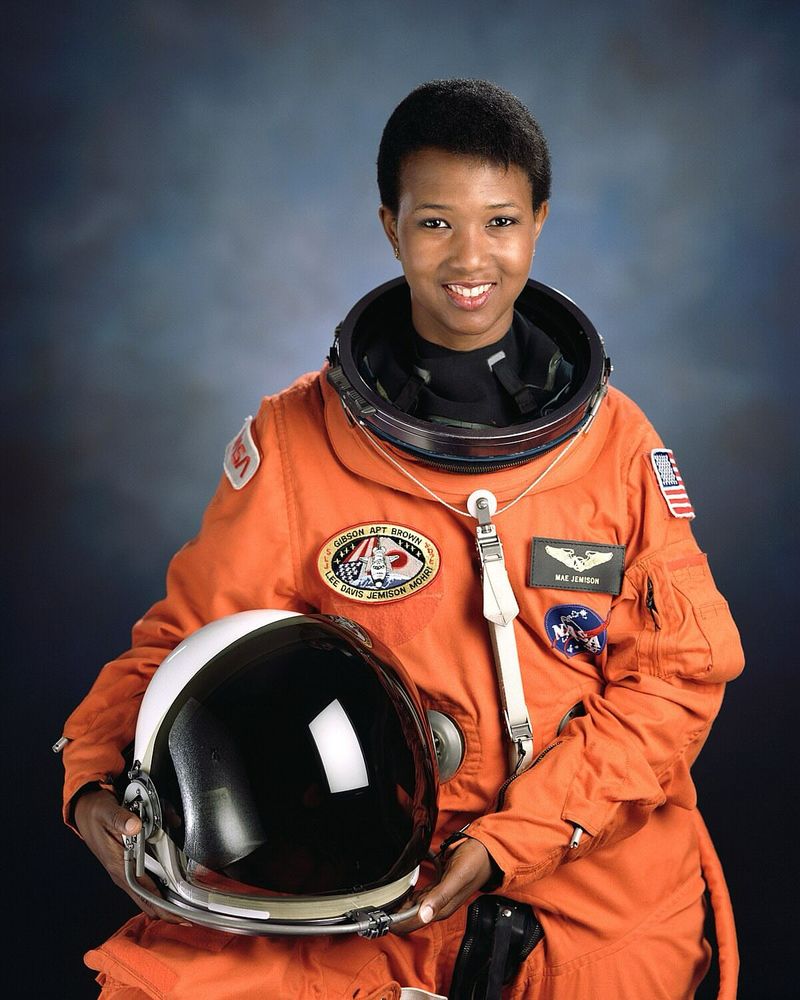
Blasting into history as the first Black woman astronaut in space, Dr. Mae Jemison fulfilled her childhood dream aboard the Space Shuttle Endeavour in 1992. Her background as both a physician and engineer equipped her with unique perspectives during her NASA mission.
Before reaching for the stars, Jemison served as a Peace Corps medical officer in Sierra Leone and Liberia. Her post-NASA career has been equally impressive, founding technology companies and establishing an international science camp for students.
4. Katherine Johnson
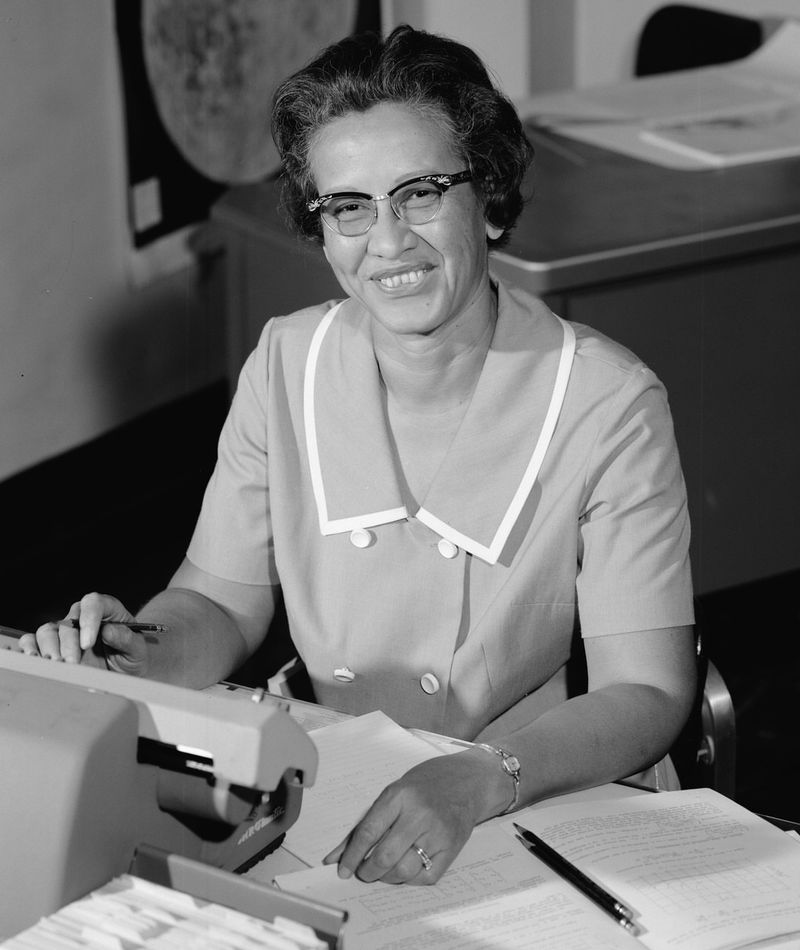
Armed with extraordinary mathematical abilities, Katherine Johnson calculated flight trajectories that safely guided NASA’s first American in space and the Apollo 11 moon landing. Her remarkable accuracy came in an era before computers were reliable, making her human computations invaluable to early space exploration.
Johnson persevered through segregation at NASA, where she and other Black women mathematicians worked in separate facilities. Her incredible story gained widespread recognition through the film ‘Hidden Figures,’ finally bringing her decades of contributions to light.
5. Dr. Patricia Bath
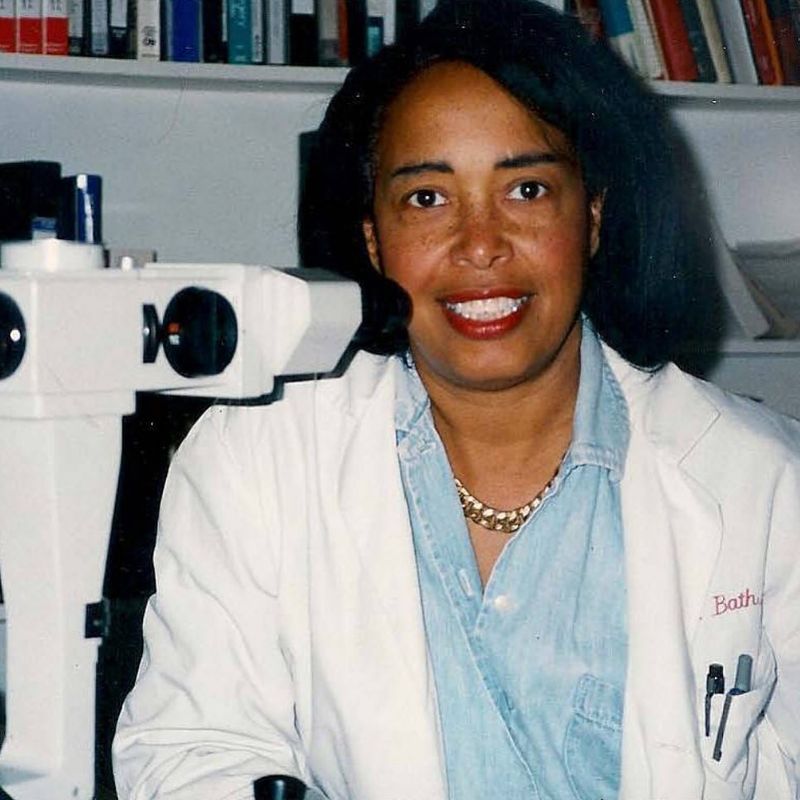
Revolutionary doesn’t begin to describe Dr. Patricia Bath’s impact on ophthalmology. As the inventor of the Laserphaco Probe for cataract treatment, she pioneered a technique that restored sight to people who had been blind for decades. Bath shattered glass ceilings as the first Black female doctor to receive a medical patent.
Her invention transformed cataract surgery by using laser technology to make the procedure more precise and less invasive. Beyond her innovations, she co-founded the American Institute for the Prevention of Blindness, championing the belief that eyesight is a fundamental human right.
6. Dr. Shirley Ann Jackson
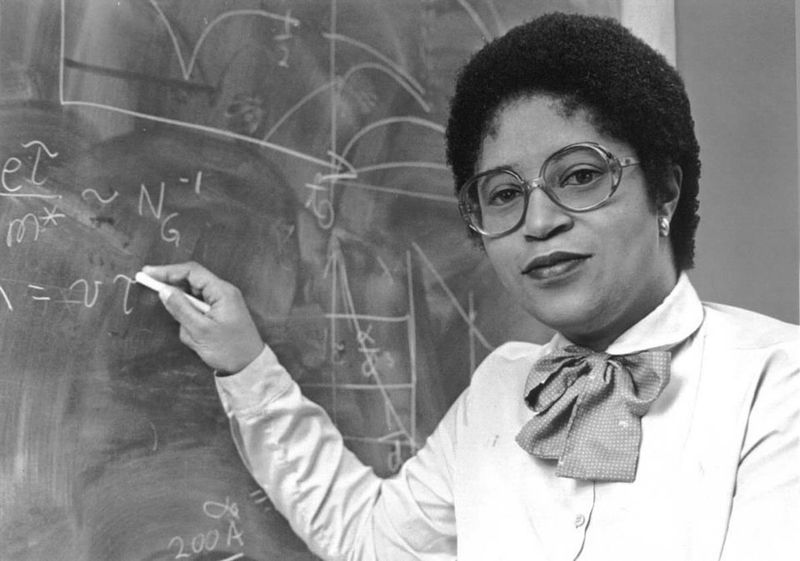
Theoretical physicist Dr. Shirley Ann Jackson broke ground as the first Black woman to earn a doctorate from MIT in 1973. Her research in theoretical physics laid important groundwork for future scientific breakthroughs in telecommunications. President Bill Clinton appointed her to chair the U.S. Nuclear Regulatory Commission, making her the first woman and African American in this crucial role.
There, she reorganized the agency and established a strategic assessment program. Later as president of Rensselaer Polytechnic Institute, she transformed the university through her visionary leadership and commitment to scientific advancement.
7. Dr. Gladys West
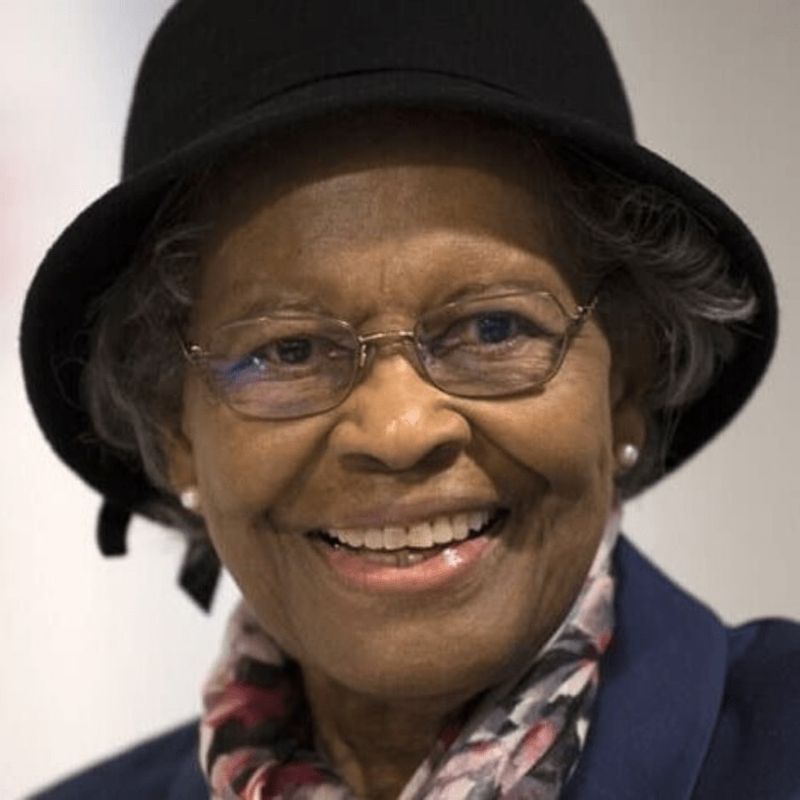
Hidden hero of modern navigation, Dr. Gladys West developed mathematical models that became the foundation for GPS technology. Her work at the Naval Surface Warfare Center involved complex calculations that precisely measured the Earth’s shape and gravitational field. For decades, West’s contributions remained largely unknown to the public.
It wasn’t until 2018 that her groundbreaking work received widespread recognition, with her induction into the Air Force Space and Missile Pioneers Hall of Fame. Every time we use navigation apps on our phones, we benefit from this brilliant mathematician’s legacy.
8. Dr. Marian Croak
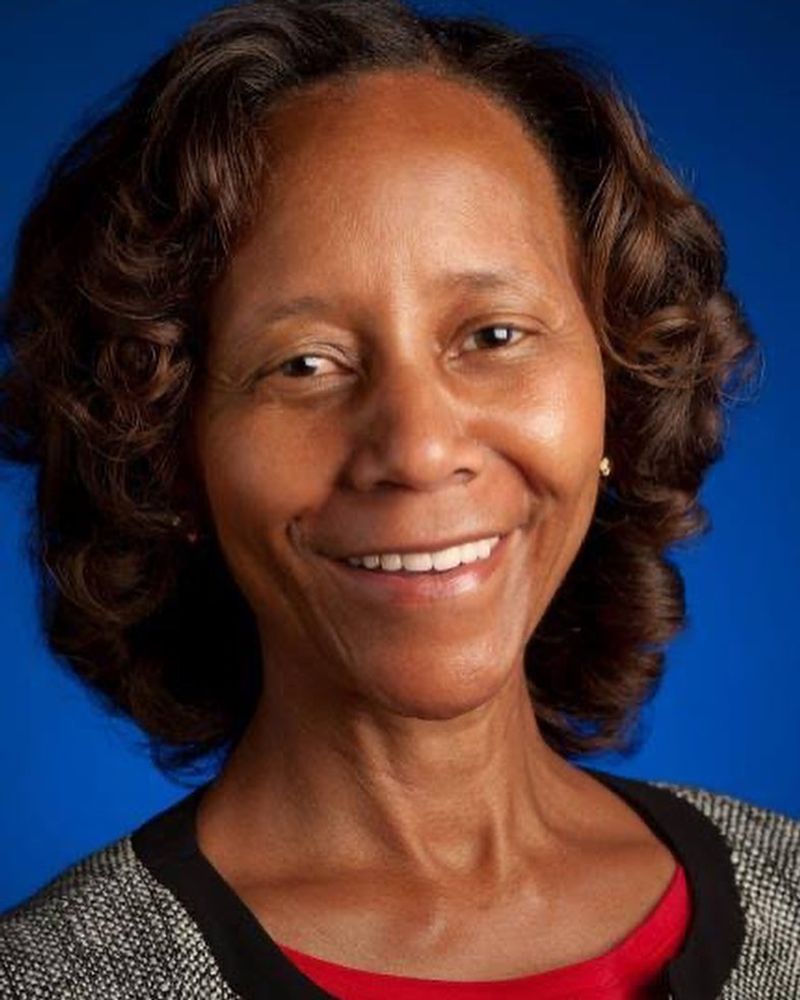
Voice over Internet Protocol (VoIP) technology transformed how we communicate, largely thanks to Dr. Marian Croak’s innovations. With over 200 patents to her name, this computer scientist revolutionized digital communications during her tenure at AT&T and later Google. One of her most significant contributions was developing text-to-donate technology for disaster relief. This system first deployed after Hurricane Katrina raised millions of dollars through simple text messages.
In 2022, Croak was inducted into the National Inventors Hall of Fame, recognizing her profound impact on telecommunications and humanitarian technology.
9. Dr. Kizzmekia Corbett
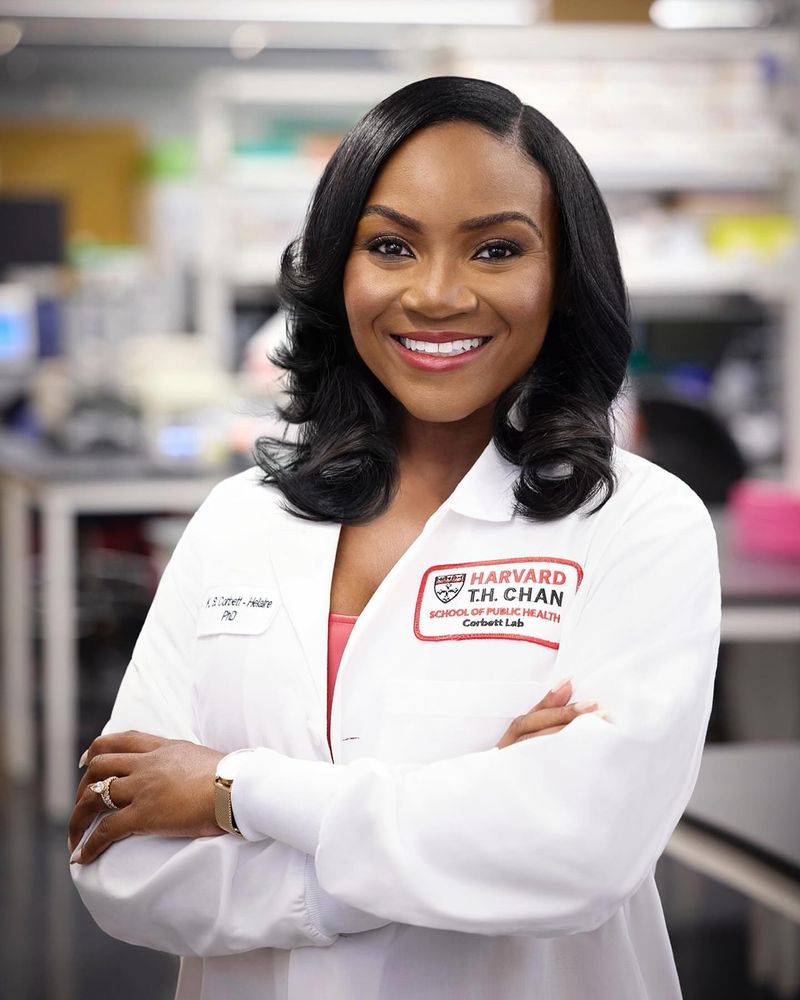
Scientific brilliance in action, Dr. Kizzmekia Corbett led the team that developed the Moderna COVID-19 vaccine during the global pandemic. Her expertise in viral immunology and innovative approach to vaccine design helped create a life-saving shot in record time. At just 35 years old, Corbett’s contributions represent one of the most significant scientific achievements in recent history.
Her work at the National Institutes of Health focused on coronavirus biology years before the pandemic, positioning her perfectly to respond to the crisis. Beyond her research, she actively works to build vaccine confidence in communities of color.
10. Dr. Valerie Thomas
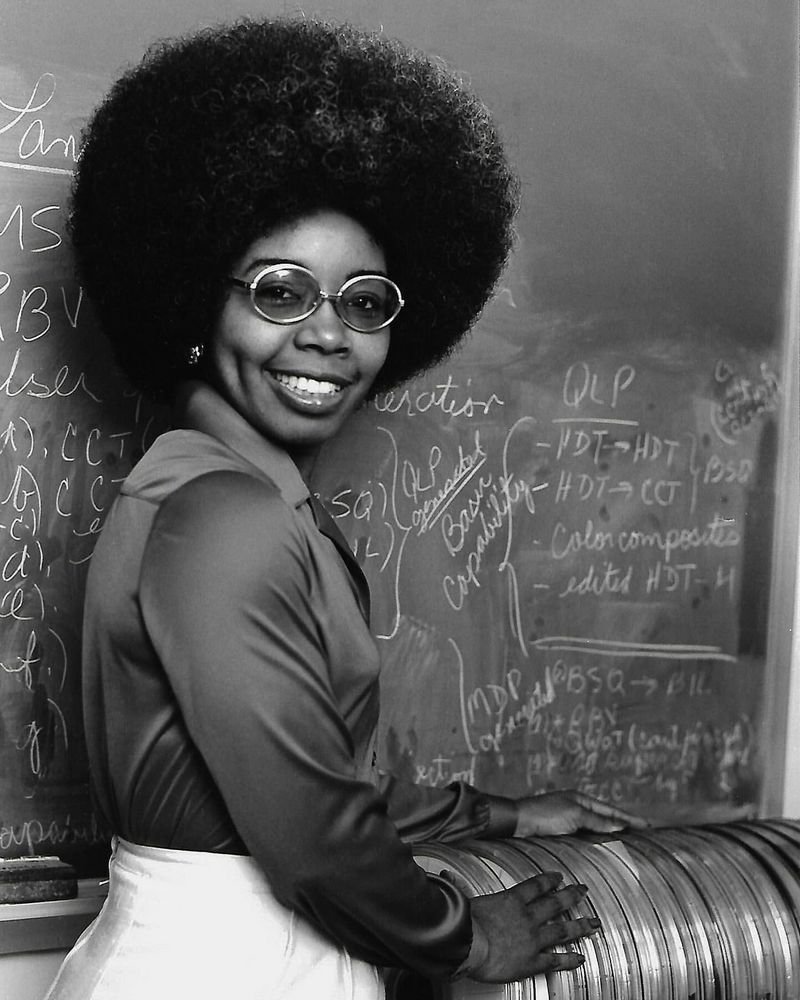
Visionary inventor Dr. Valerie Thomas created technology that literally changed how we see the world. Her illusion transmitter, patented in 1980, produced optical illusions using concave mirrors that reflected real objects, creating 3D projections. Before this breakthrough, Thomas managed the development of image processing systems for NASA’s Landsat satellite.
Her work allowed scientists to receive and process images from space, providing crucial data about Earth’s resources. NASA continues using adaptations of her technology today in surgical tools, television, and video screens.
11. Dr. Aprille Ericsson-Jackson
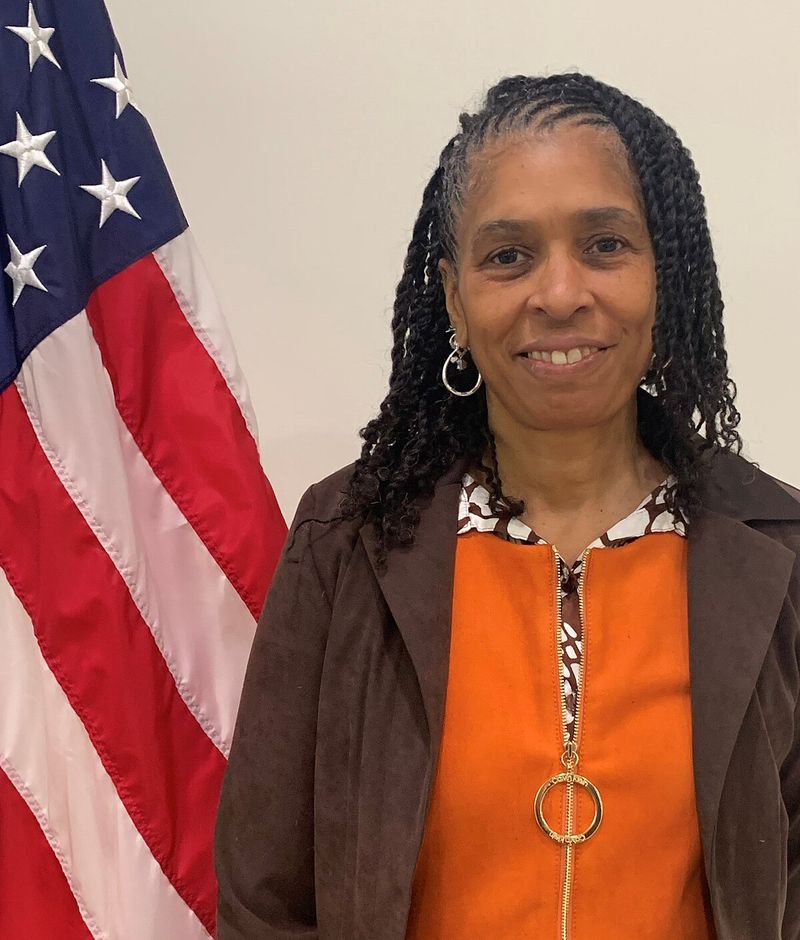
Aerospace engineering reached new heights with Dr. Aprille Ericsson-Jackson, the first African American woman to receive a Ph.D. in engineering from NASA’s Goddard Space Flight Center. Her expertise in spacecraft control systems has been crucial to numerous successful missions. Ericsson-
Jackson has contributed to projects including the James Webb Space Telescope, Earth observing satellites, and other instruments that expand our understanding of the universe. Her work helps spacecraft maintain precise positioning while orbiting. Passionate about education, she regularly mentors young people interested in STEM careers, particularly those from underrepresented groups.
12. Dr. Jane C. Wright
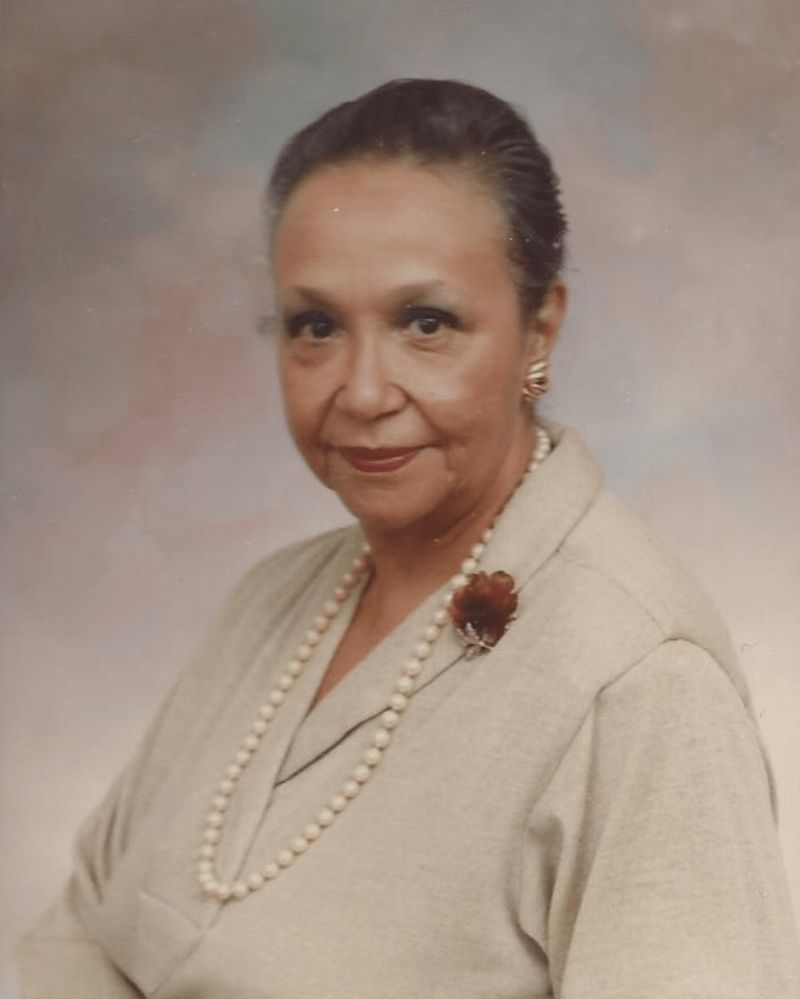
Cancer treatment underwent a revolution thanks to Dr. Jane C. Wright’s pioneering work in chemotherapy. Taking over as director of cancer research at Harlem Hospital in 1952, she developed innovative techniques for testing drugs on tissue samples before administering them to patients.
Wright’s method of using patient tissue cultures rather than laboratory mice represented a breakthrough in personalized medicine. She also created new techniques for administering chemotherapy through the vascular system to reach hard-to-access tumors. As the highest-ranking African American woman at a nationally recognized medical institution in 1967, she shattered barriers while saving countless lives.
13. Dr. Evelyn Boyd Granville
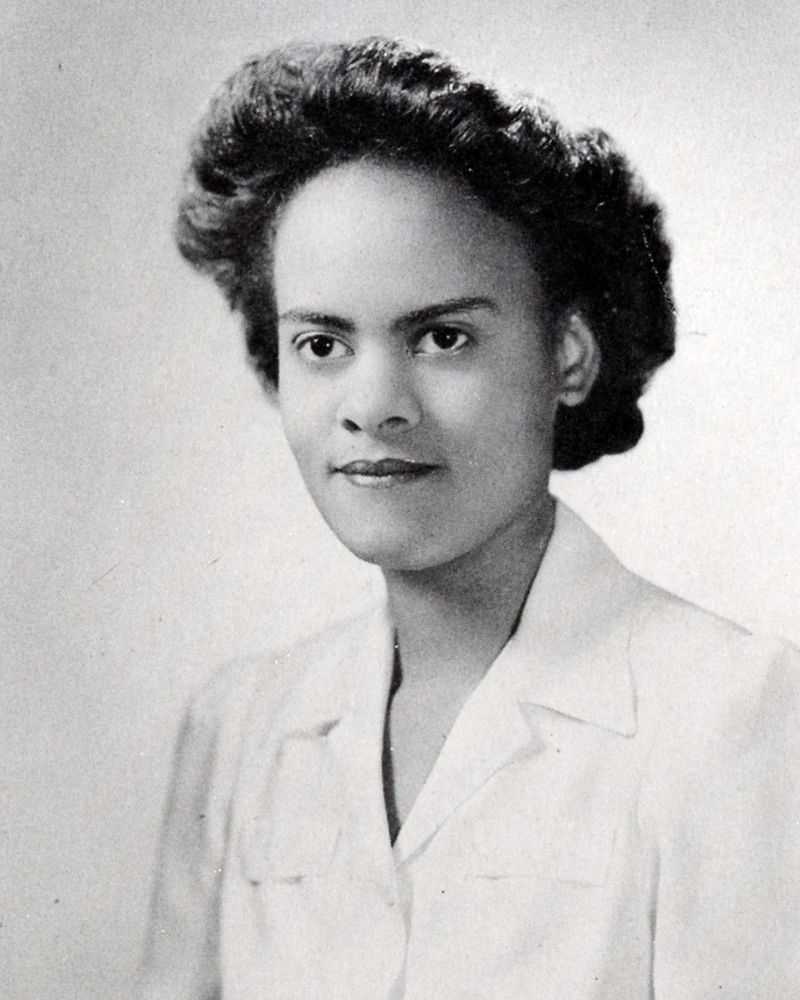
Mathematical genius Dr. Evelyn Boyd Granville became just the second Black woman in America to earn a Ph.D. in mathematics in 1949. Her exceptional talent led her to IBM, where she developed computer programs for NASA’s Project Mercury, America’s first human spaceflight program.
Granville’s calculations contributed to crucial aspects of space exploration, including orbit computations and trajectory analysis. Her work on ballistic missile trajectory research was equally significant for national defense during the Cold War era. Later in life, she dedicated herself to mathematics education, inspiring generations of students.
14. Dr. Marie Maynard Daly
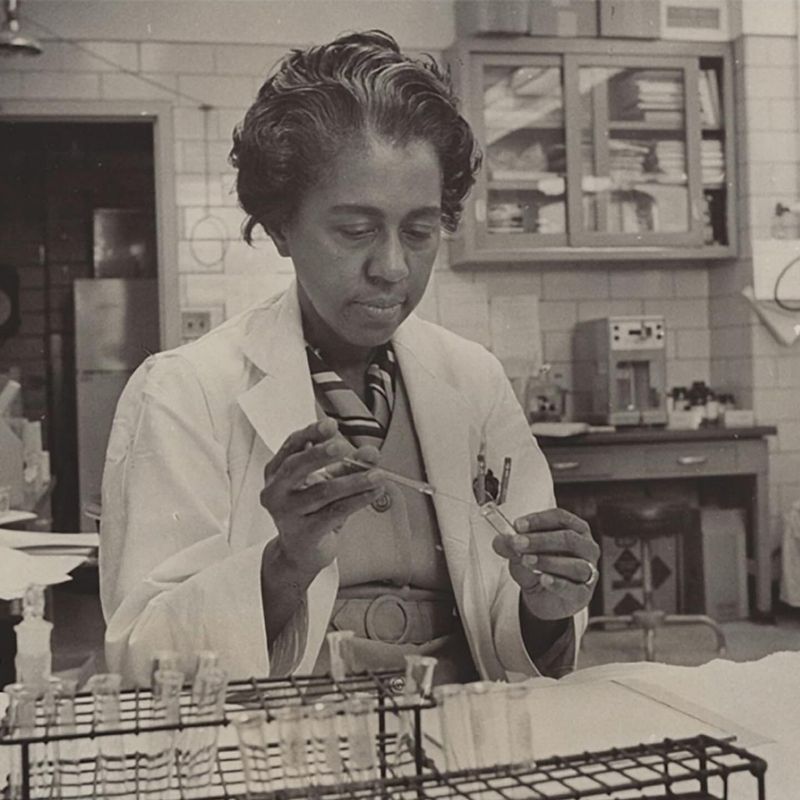
Groundbreaking biochemist Dr. Marie Maynard Daly made history as the first Black woman to earn a Ph.D. in chemistry in the United States in 1947. Her research focused on the relationship between high cholesterol and clogged arteries, establishing crucial connections we now take for granted. Daly’s work revealed how diet affects heart health and blood pressure, laying groundwork for our understanding of hypertension.
At a time when heart disease was poorly understood, her research provided vital insights into its causes. She also studied how proteins are constructed in the body, contributing to our knowledge of cellular metabolism.
15. Dr. Hadiyah-Nicole Green
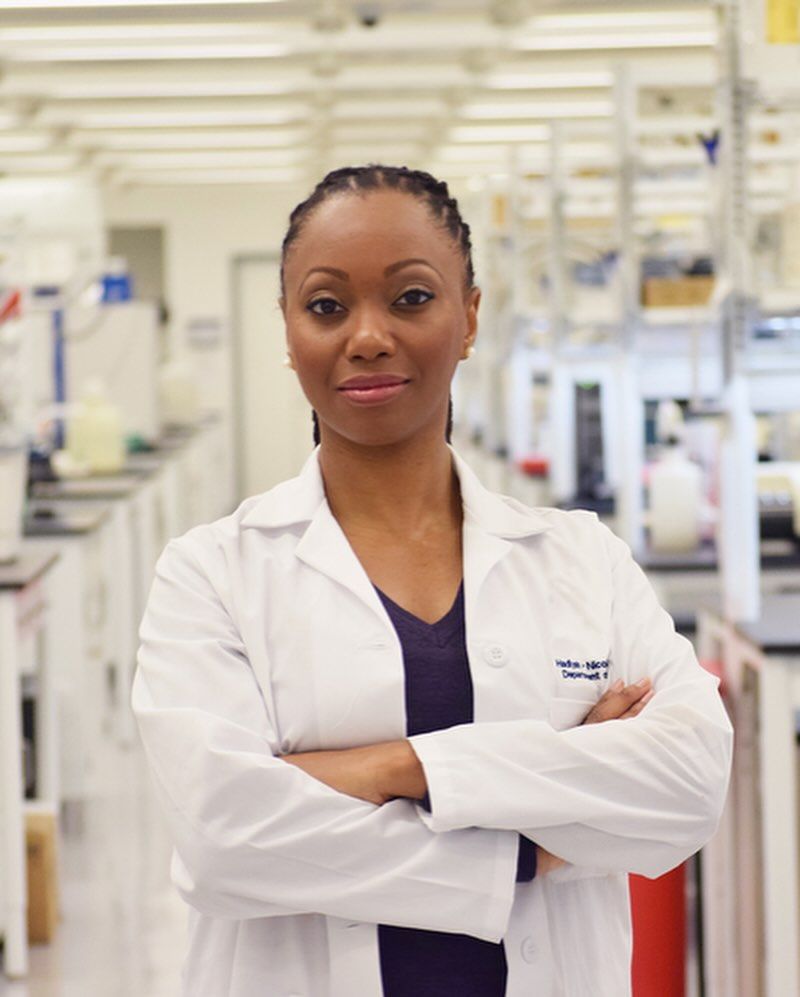
Cancer treatment enters a new era with Dr. Hadiyah-Nicole Green’s revolutionary laser technology. After losing her aunt and uncle to cancer, this medical physicist developed a method using nanoparticles and lasers to target cancer cells without damaging healthy tissue.
Green’s treatment injects nanoparticles into tumors, which are then activated by lasers to destroy cancer cells from within. This targeted approach could eliminate many of the devastating side effects of traditional chemotherapy and radiation. She founded the Ora Lee Smith Cancer Research Foundation to make this promising treatment available to patients who need it most.

Comments
Loading…